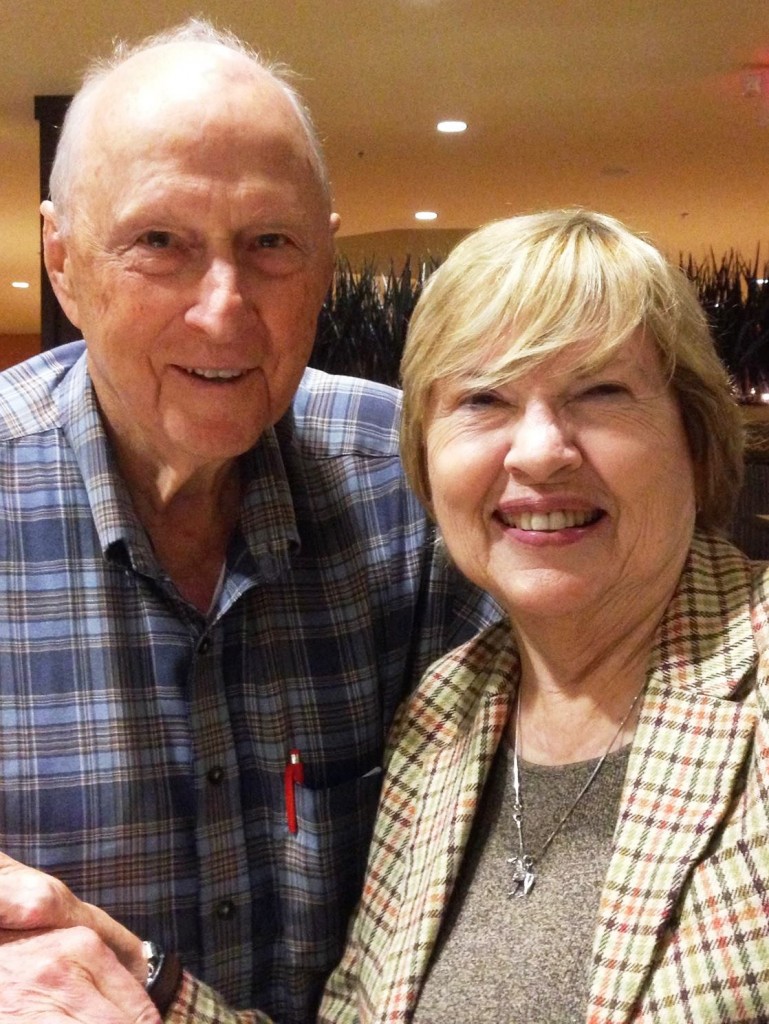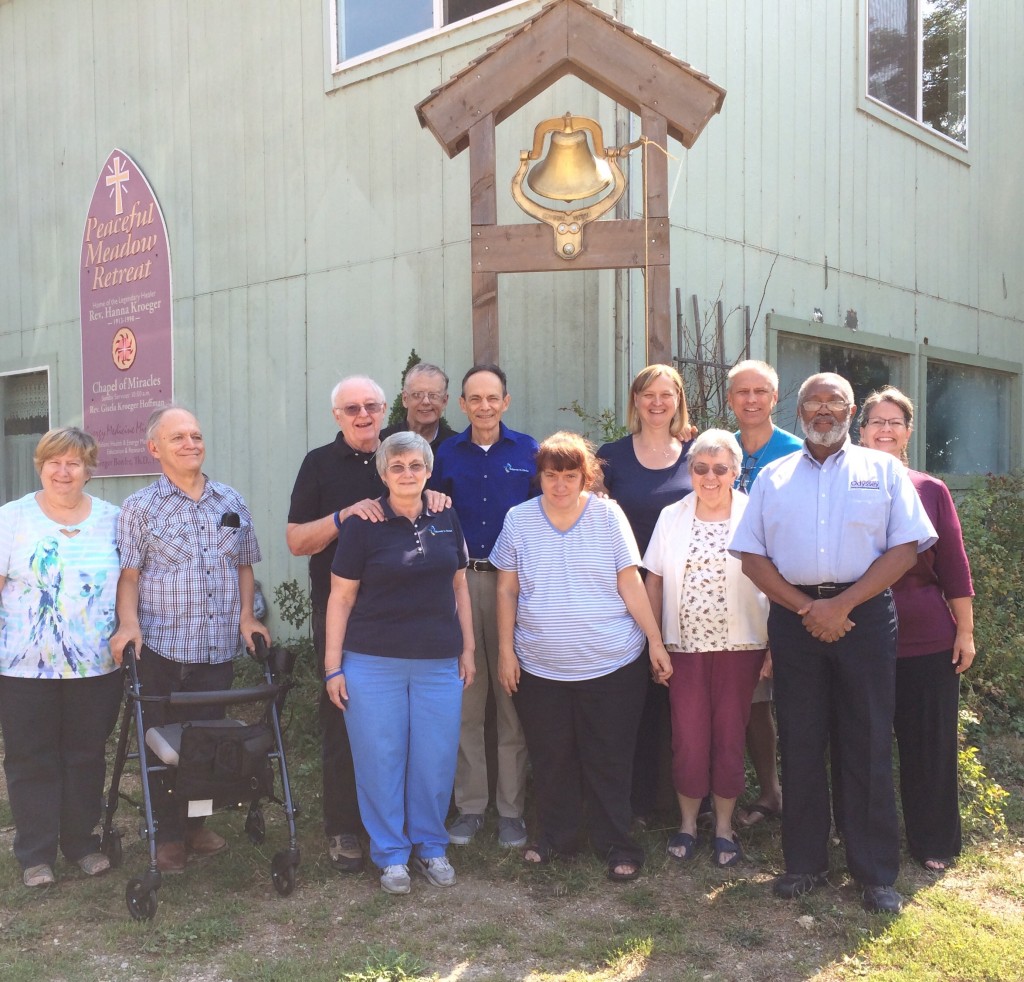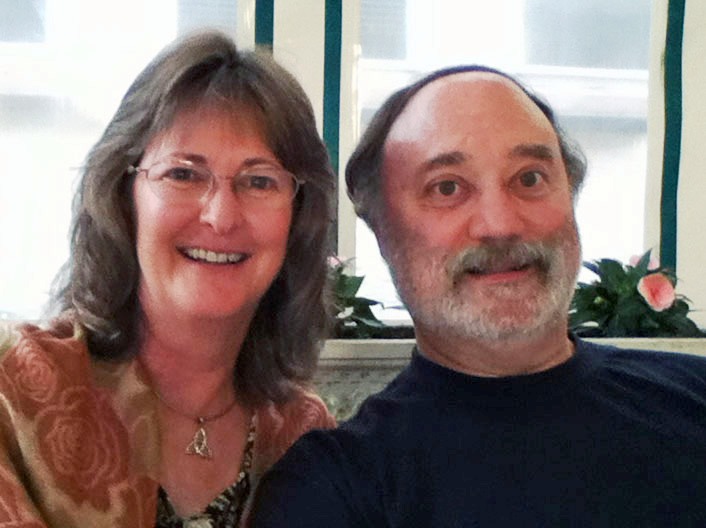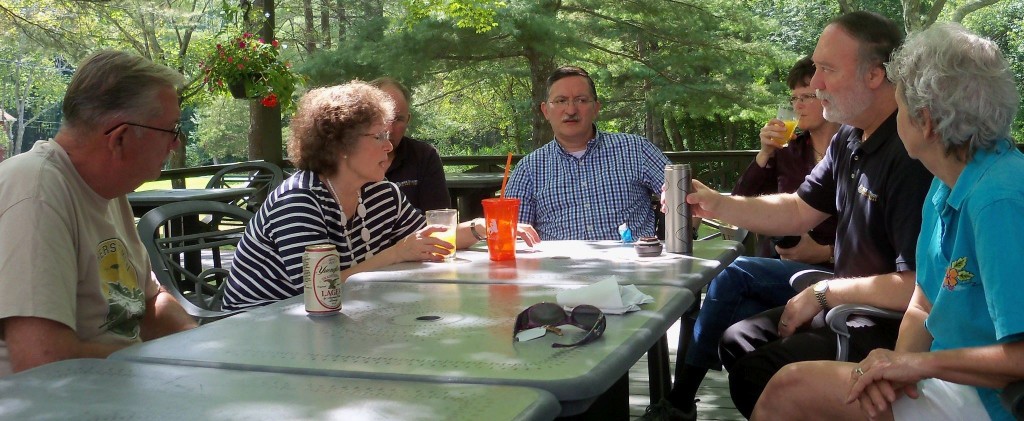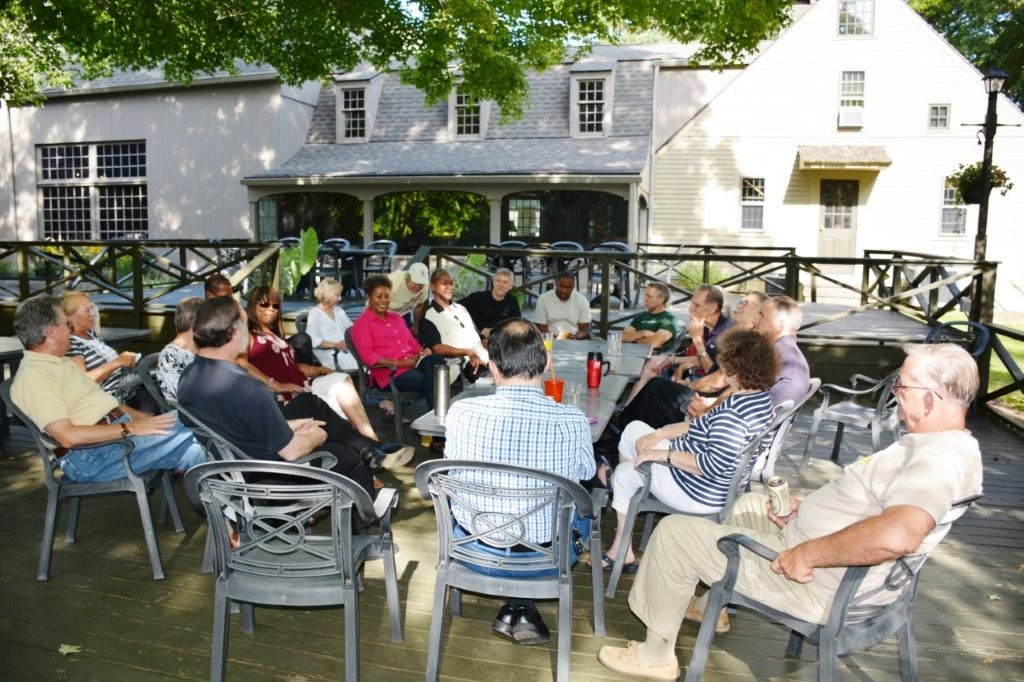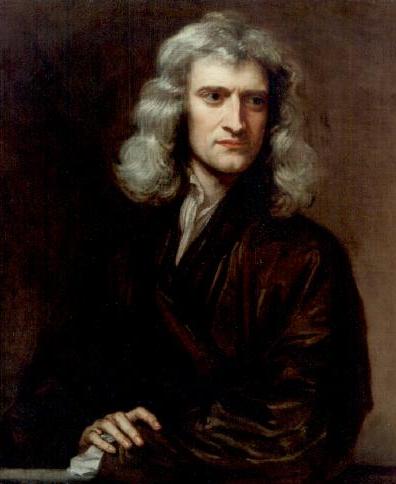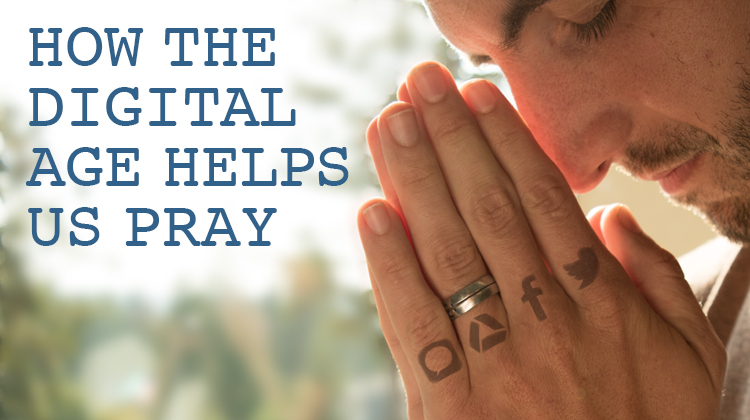Here is part 2 of an 8-part essay by Dr. Gary Deddo titled “The Christian life and our participation in Christ’s continuing ministry.” To read other parts, click on a number: 1, 3, 4, 5, 6, 7, 8. For all 8 parts combined in one article, click here.
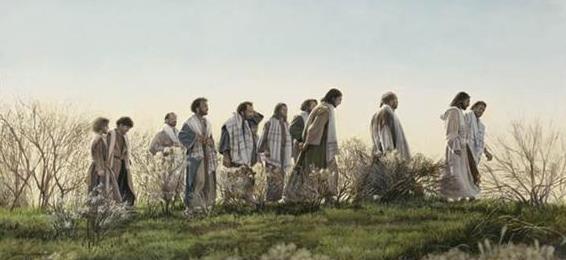
Recap of part 1
In part 1 of this 7-part essay we noted that in responding to the ethical challenges in our contemporary world, some churches have adopted an activism that, unfortunately, tends to misrepresent God and the Christian life. As a corrective, we noted the Torrance brothers’ emphasis on an approach that remains focused on the central question of Christian theology: Who are you Lord? With that focus, all we think about and do as churches remains centered on Christ, enabling us to enter more fully into what our Lord actually is calling us to do. At their core, Christian living and ministry are about living in union and communion with Christ. Now in part 2 of this series we’ll explore the biblical foundations and theological synthesis for understanding that union and communion.
Scriptural teaching on union with Christ
What do the Scriptures teach? What did the early church and the Reformers understand? And what legacy have the Torrance brothers left us regarding our union with Christ? Let me first summarize what that union is not:
- It’s not essentially a moral union with the result that I agree and am committed to doing what God regards as right and righteous. That may be a moral fruit of our union, but that is not what it is.
- It’s not essentially a psychological union where Jesus has positive regard for me and I feel warmly connected and desirous of his approval and presence. Again that may be a fruit, but not the source.
- It’s not essentially a volitional union where I am willing to do the practical work of God, accomplishing all that he sets out for me to do, so that my will is a mirror image of God’s will.
- It’s not essentially a union of purposes (a “telic union”), where my goals, aspirations, dreams, ideals and hopes match God’s.
Union with Christ is much deeper, more enduring and far more effective in our lives than any of these aspects of the Christian life. The New Testament message is that we are so united to Christ that the core of our very being is changed because it has become spiritually joined to the perfected humanity of Jesus. The apostle Paul writes that we are one in Spirit with Christ (1 Corinthians 6:17). In his letter to the Ephesians he writes that we are presently—right now—seated with Christ in the heavenlies (Ephesians 2:6). We are so joined that what happened to Christ 2,000 years ago has actually included us. So in Paul’s letter to the Colossians we read that we have co-died with Christ and have been co-raised with Christ (Colossians 2:12-3; 3:1). Paul announces this fact as a completed action that is true of all the members of the body of Christ.
Jesus himself indicated his purpose to unite himself with us. He teaches that our oneness with him is comparable to his oneness with the Father. He declares, “On that day you will know that I am in my Father, and you in me, and I in you” (John 14:20, ESV unless noted). He prays, “I in them and you in me, that they may become perfectly one…. that the love with which you have loved me may be in them, and I in them” (John 17:23, 26). Jesus teaches that eternal life, salvation, involves a close communion: “Whoever feeds on my flesh and drinks my blood abides in me, and I in him” (John 6:56).
In 1 Corinthians, Paul announces that everything that Jesus has is also ours. He declares that Jesus himself is our wisdom, our righteousness and our sanctification (1 Corinthians 1:30). The New Testament is filled with language that points to a profound reality: we belong in an astounding way to Jesus Christ. We can be said to indwell him and he us. We are often depicted as being in Christ, not just with or alongside him. The book of Ephesians is full of this kind of description that frankly blows our minds and fries our rational mental circuits. We have become new creatures “in” Christ (2 Corinthians 5:17), because he has made us his own (Philippians 3:12) in such a way that there is what Calvin called a “wonderful exchange” at the deepest level of who we are. At that level Christ takes our fallen and broken natures and gives us a share in his sanctified and perfected human nature. Who we are is no longer who we are alone, for we are not alone. We are who we are by virtue of being united to Christ. As James Torrance tirelessly reminded us, by his grace we are given the gift of sharing in the Son’s union and communion with the Father in the power of the Spirit. As the early church expressed it: He who was the Son of God by nature, became a son of man so that we who are the sons of men by nature might, by grace, become the sons and daughters of God.
When Calvin and Luther commented on Ephesians 5:21-32, following the early church teachings, they did not exposit on the nature of human marriage, but marveled that we are far more united to Christ than a man and woman are in matrimony! Marriage is a dim and distant reflection of the deeper truth about our real communion with Christ. The ultimate companion we are made for is Jesus Christ who is truly bone of our bone and flesh of our flesh and to whom we are united by the Holy Spirit.
In the New Testament, especially in the book of Hebrews, we see that such a union had its beginning in the Incarnation, in Christ’s assuming a complete humanity, from conception to his death. What qualifies Jesus to accomplish this exchange with us is his assumption of our humanity along with its fallen condition. The early church recognized the depths of the incarnation when it declared not only that Jesus was “one in being” (homoousios in Greek) with the Father, but also “one in being” (homoousios) with humanity. His divinity by virtue of his union with the Father is no more true of him than is his humanity by virtue of his union with us. The apostle Paul laid the ground for this doctrinal explication of the Council of Chalcedon (A.D. 451) when he identified Jesus with the new Adam (Romans 5:14; 1 Corinthians 15:45). Jesus Christ is united to us even more than we are united to the Adam of the Garden in Genesis. Thus our relationship with Christ puts our very existence on a whole new basis.
Our redemption does not just depend on what Christ did, but on who he is in the depths of his being—one with God and one with us. Our salvation, our life in Christ, was not only accomplished by means of Christ but “in Christ,” as Calvin used to say and James Torrance used to regularly remind us. Our new life is not external to us and layered on over us, but is worked out first in the humanity of Jesus and then given to us through his Spirit.
Luther, Calvin and Stewart on union with Christ
One older book that James Torrance often referred to was James Stewart’s A Man in Christ. Stewart concluded after his careful study of the New Testament that our union with Christ was the central element in the message of the gospel. That is, without union with Christ, there would be no gospel. God’s grace reaches that deep into who we are. We are no longer ourselves alone—we are who we are only in and through our union with Christ. We belong to God in Christ., body and soul.
Calvin used to warn that we ought never consider Christ at a distance. We are, to the root of our being, who we are in relationship to him who made himself one with us. This is why Luther and Calvin recognized that our whole salvation was complete in Christ: not just our justification, but our sanctification and glorification as well. To have Christ was to have the whole Christ. Christ could not be divided up into pieces, so neither could our salvation. What is complete and actual in Christ is truly ours even if it does not yet appear to be so. Our lives are hidden in Christ (Colossians 3:3). Our life in him is being worked out in us by the Spirit. This new being wrought in us comes through the sheer gift of our union with Christ. It is not us working out a potential that might be true if we properly apply ourselves. Rather, the Christian life is living out and manifesting the present reality of our union with Christ.


